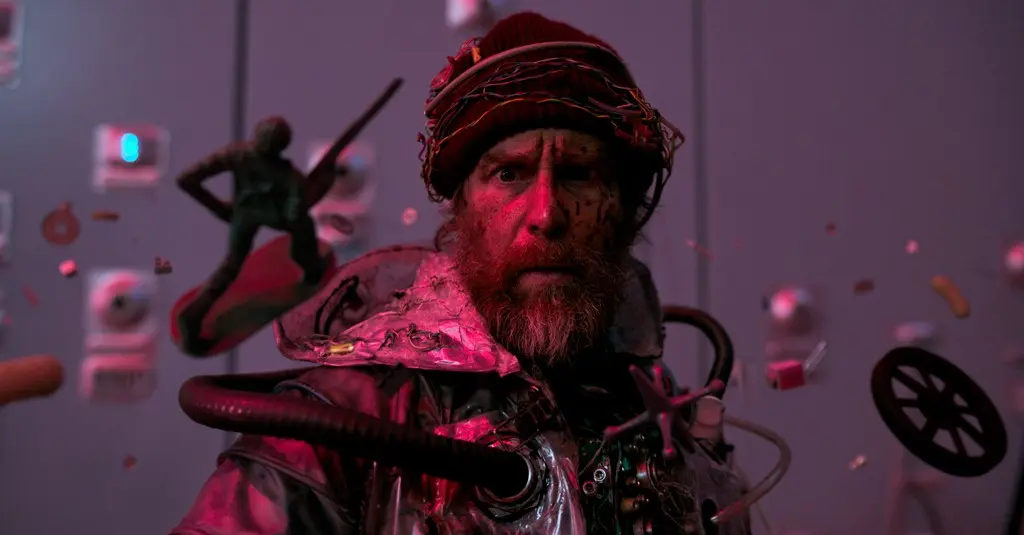Over 23 years, Rory Kennedy has made 20 feature documentaries that, sadly, have flown beneath both the public and critical radar. Only four of them have pages on Wikipedia and just five have received enough reviews on Rotten Tomatoes to accurately determine critical “freshness.” According to Box Office Mojo, a mere two of the films she’s directed have reported box office takes totaling $689,415.
As the youngest child of Ethel and the late Robert F. Kennedy, it’s probably a safe assumption that earning money by making movies isn’t Rory Kennedy’s main priority.





